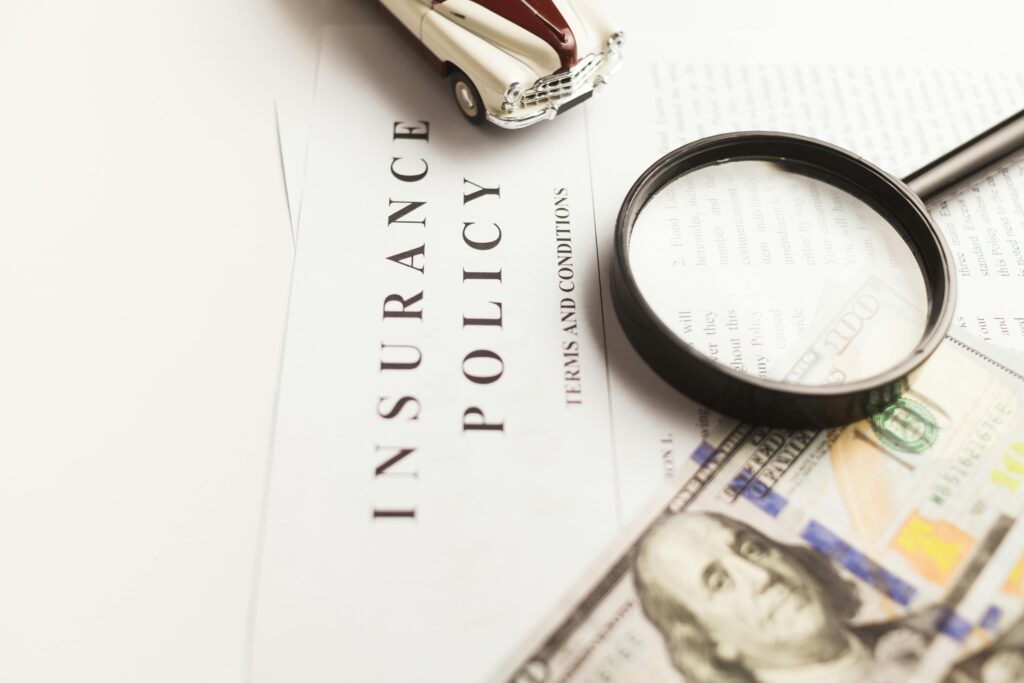Ever accidentally deleted hours of work on your laptop? Or worse, had a client’s project compromised because you didn’t have media insurance in place? It happens more often than we’d like to admit. Whether you’re an independent content creator or managing assets for a business, protecting your work with a content protection plan isn’t optional anymore—it’s essential.
In this post, I’ll walk you through everything you need to know about selecting a content protection plan tailored to media insurance needs. From understanding why they matter to actionable steps for finding the right one, by the end of this guide, you’ll be ready to safeguard your creations without breaking a sweat. Let’s dive in!
Table of Contents
- Why You Need a Content Protection Plan
- Step-by-Step Guide to Choosing Your Plan
- Top Tips for Maximizing Your Coverage
- Real-World Examples of Content Protection Plans in Action
- Frequently Asked Questions About Media Insurance
Key Takeaways
- A content protection plan ensures your creative assets are covered against loss, theft, or damage.
- Media insurance policies vary widely; choose one aligned with your specific needs (filmmakers vs. photographers, etc.).
- Understand the fine print—some plans exclude accidental deletions or cyberattacks.
- Prioritize providers offering 24/7 customer support and fast claim resolutions.
Why Do You Need a Content Protection Plan?
If you’ve ever lost access to critical files due to hardware failure, ransomware attacks, or human error, you already understand the heart-pounding panic that follows. Here’s the kicker: Did you know that around 30% of businesses experience data breaches every year? For creatives working in video production, photography, writing, or design, these statistics can feel paralyzing.
I learned this lesson the hard way once. Picture it: three days spent editing a montage reel for a major client… only for my external drive to corrupt overnight. *Cue dramatic scream.* At the time, I was so focused on delivering perfection that I completely overlooked setting up a proper backup system or insuring those files under a content protection plan. Spoiler alert: I ended up paying out of pocket to redo all the work. Talk about “the algorithm doesn’t care about your tears.”

Optimist Me:
“With the right tools, nothing will go wrong!”
Grumpy Me:
“Yeah, yeah, famous last words before the apocalypse hits.”
Step-by-Step Guide to Choosing the Right Content Protection Plan
Now let’s get practical. How do you pick a plan that not only fits your budget but also offers robust coverage? Follow these steps:
Step 1: Assess What You Create
Different types of creators have different needs. Are you housing raw footage, finished edits, scripts, audio tracks, or graphic designs? Write down exactly what kind of content you produce regularly. This list becomes your blueprint for identifying necessary coverage levels.
Step 2: Evaluate Risks
No one wants to think about worst-case scenarios—but here we are. Consider potential threats like:
- Hardware failures (hard drives, laptops)
- Cybersecurity breaches (ransomware, phishing)
- Natural disasters (floods, fires)
- Client disputes over ownership rights
Step 3: Compare Providers
Don’t just settle for the cheapest option. Look into:
- Claims Process: Is it straightforward? How quickly do payouts happen?
- Coverage Limits: Are there caps on reimbursement amounts?
- Exclusions: What events/scenarios aren’t included? (Sidebar rant: Nothing drives me crazier than discovering hidden exclusions buried deep in policy T&Cs.)
Tips for Maximizing Your Content Protection Plan
Let’s talk best practices. These tips will help ensure you squeeze maximum value from your investment:
Tip #1: Automate Backups
Set up cloud backups using services like Google Drive or Dropbox. Many insurance plans won’t pay out if you haven’t taken basic precautions.
Tip #2: Read the Fine Print
Seriously, don’t skip this step. Watch for sneaky loopholes like deductibles or event-based triggers.
Tip #3: Avoid Terrible Advice Like “Save Everything Locally”
This is terrible advice. Why? Because local storage = single point of failure. If that device dies, poof goes your content. Always diversify where your files live.

Real-World Success Stories
Need proof that having a solid content protection plan pays off? Check out these examples:
Case Study #1: The Accidental Editor
Lisa, a freelance editor, faced a nightmare when her desktop crashed mid-project. Without hesitation, she contacted her insurer, who sent her a replacement machine within 48 hours—and reimbursed software costs incurred during downtime. Lesson learned: invest in comprehensive media insurance early.
Case Study #2: The Ransomware Victim
Mike, a videographer, fell victim to a ransomware attack while traveling overseas. Thanks to his content protection plan, which included cybersecurity add-ons, he avoided catastrophic financial losses. Plus, his insurer even provided legal counsel post-attack!
Frequently Asked Questions About Media Insurance
Q: Can I insure just individual projects?
Absolutely! Some companies offer per-project coverage rather than blanket annual plans.
Q: What happens if my camera gear gets stolen?
Most content protection plans include equipment insurance as part of the package.
Q: Will my policy cover international travel?
This varies by provider. Always confirm whether global coverage applies.
Conclusion
Investing in a content protection plan could save you thousands—not to mention countless headaches—down the road. Remember, preparation beats panic any day of the week. So go ahead, take the plunge into media insurance. And hey, treat yourself to coffee afterwards… because life’s too short to drown in regret-flavored algorithms.
Random haiku moment:
Pixels fade away,
Backup saves your sanity—
Protect now, thank me.


